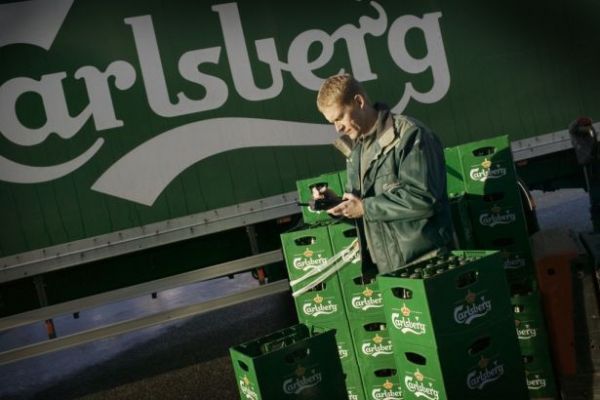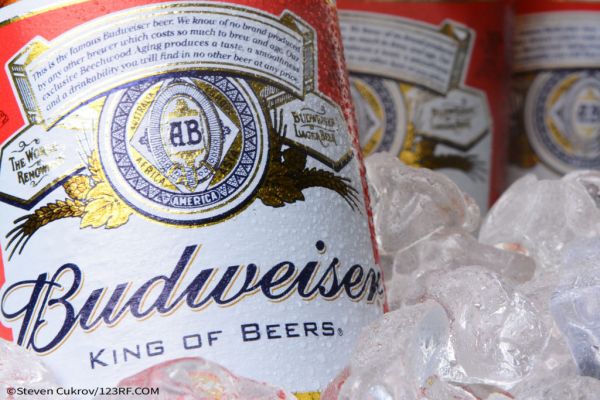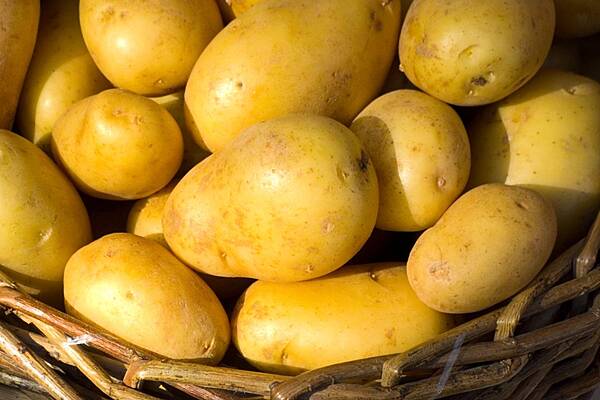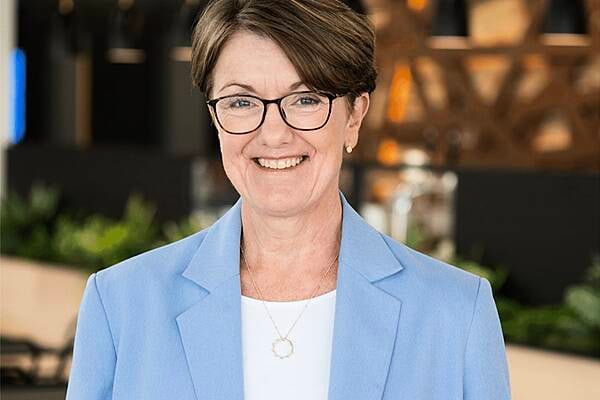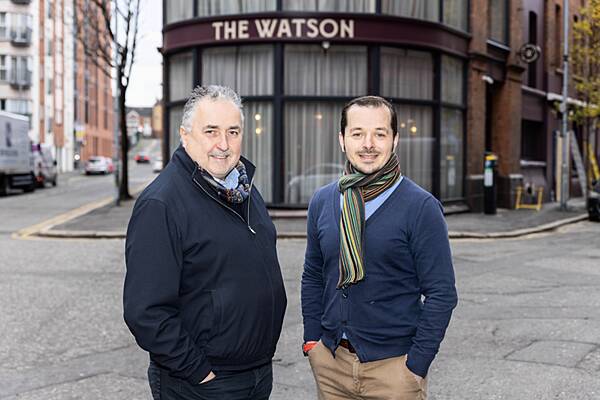Carlsberg forecast slower earnings growth in the second half of 2016 as inflation adds to costs in Russia, where a beer-market contraction is set to accelerate.
Organic operating profit will probably rise about 1 percent after gaining 8 percent in the first half, Chief Executive Officer Cees ’t Hart said on a call with reporters Wednesday. The stock fell as much as 6 percent in Copenhagen.
“The Eastern European market remains under pressure,” ’t Hart said in an interview. The Russian market could shrink as much as 5 percent in the second half after the country passed a law in June that limits the size of beer bottles to 1.5 liters, he said.
Russia remains a thorn in the side of Carlsberg, which sells about a third of the country’s beer. After years of market contraction, the brewer is also grappling with increased production costs brought about by an inflation rate that’s almost twice the central bank’s target. The company, Russia’s biggest beermaker, has been further weighed down by the weakness of the ruble.
The shares were down 5.6 percent at 641 kroner as of 12:23 p.m. local time. Prior to Wednesday, they had gained 13 percent in two months.
To help mitigate increased costs, Carlsberg expects to raise prices in Russia by 1 percent to 2 percent in the second half of the year, ’t Hart said on a conference call with investors. It boosted them by 3 percent to 4 percent in the first half.
Currency shifts will cut profit by 600 million kroner in the full year, up from a previous estimate of 550 million kroner, the company said. Earnings before interest, taxes and one-time items fell to 3.45 billion Danish kroner ($522 million) in the first half. Analysts on average had estimated profit of 3.54 billion kroner.
The company is pulling out of markets where growth is slowing, such as Malawi and some operations in Finland and Poland.
“We have a number of operations that are not operating in the way we would have liked,” ’t Hart said. “We are reviewing these and we continue the program of streamlining our business.”
News by Bloomberg, edited by Hospitality Ireland
